NEWS & COVERAGE
We hiked to the former mining area to plant tree seedlings with the villagers. The path was steep and exhausting. The villagers seemed unfazed, walking without much complaint, something that amazed me. At the summit, I saw the land ravaged by mining. My feelings were mixed: anger at the destruction, but also a sense of hope because there were still those who chose to plant hope.
When installing the wooden poles, we estimated the depth of the peat to be around one meter. However, when the poles had already sunk 1.5 meters and the ground still felt soft, we realized that the peat here was deeper than expected. This is land that stores billions of tons of carbon,
Despite the ban, some Dayak communities are still trying to maintain their traditional practices more privately. Deep in the heart of Kalimantan, some elders still wake before dawn, gathering in secret to perform manugal as their ancestors did. They know the risks but refuse to let their traditions die.
This event, which lasts for three days, from Thursday, August 22 to Saturday, August 24 2024, not only shows a variety of films, but also becomes a lively cultural and artistic collaboration event in Central Kalimantan.
There are total 30 hectares that we need to secure. Every 15$ will save 100-meter square of the forest.
There were 26 children participating in our mini English class, ranging from 5 to 18 years old. They were very excited joining the class. The class was so beautiful outdoors with the beautiful sunset view behind the dock. The sun rays were not strong, instead so calming and aesthetic,
Like other Baduy houses, Teh Nasya also has a kitchen with firewood. Teh Nasya cooked eggs, fried tempeh, and fried rice when we arrived. The food was delicious, with the scent of firewood. In Baduy, women usually work in the fields. They plant rice, ginger, galangal, and various other plants.
I was placed at the University of Montana, a well-known university for its commitment to environmental research and education. When I first set foot at the University of Montana, I was mesmerized by the beautiful scenery of yellowish pikies changing the colors of the tree and the pleasant smell of pine trees. We can safely drink from the faucets because the water is so clean. Something that I never see and do in Kalimantan!
We do understand the ecological process. We have our unique traditional knowledge in understanding nature, but many times people misunderstand our culture. Forest for us is very important, we not only see forest and trees as a source of money or food.
Buying these properties necessary to be done before the mining companies bought the land. When we did survey last time, we found out that the area has been targeted as the next location of sand mining. Moreover, based on the information we obtained from the villagers, palm oil plantations will also be opened soon.
Children learned to recognize plants and made simple herbariums. They also learned the role of butterflies in the ecosystem. After some explanation, I asked the children to practice making butterfly origami paper. It seemed that this kind of lesson was a new thing for the children and they were very enthusiastic to take part in every class process that day.
Sekolah Adat (customary school) Anri Arai Atei is a formed to help Dayak Maanyan kids in Talekoi village and around to preserve their culture in the midst of globalization and a wave of technology.
For the whole month, we visited ten villages and schools in total; all located in four different regencies. By the end of the roadshow, there were total 1,091 people participated in the festival.
One of the most unique ecosystems is the peat swamp forest, this is because this ecosystem has relatively different characteristics from other forests in general. Different forest conditions also affect the types of flora and fauna in it. In addition, this ecosystem has an important role in the balance of the world's climate. This is because peat stores up to 30 – 70% carbon stocks.
257 Indonesian youths joined this movement to plant 1,254 trees across Indonesia in their homes, communities, and schools. The young people come from Mentawai, Padang, Central Kalimantan, West Kalimantan, East Kalimantan, South Kalimantan, Bali, Jakarta and Central Sulawesi.
I am also a dreamer. I want to teach in a high school. Since my hamlet did not have a high school, my friends and I had to travel a long distance to school and endure numerous challenges. Children would no longer have to travel dangerous company roads or live away from their parents if my village had teachers and schools.
Agroforestry practices have long been implemented in numerous Dayak communities with various types of crops and tree combinations such as cassava, rubber, and fruit trees. They also provide economic benefits to the community. In terms of conservation, agroforestry aids in the preservation of plant genetic resources, animal habitats, soil and water conservation, and biodiversity balance.
Despite many hurdles and challenges, we were able to mobilize more than 200 young people and five Indigenous groups to plant approximately 2,000 trees in five areas of Kalimantan with the support of the Global Landscapes Forum. We have also nurtured 50 young Kalimantan leaders into green warriors with a profound understanding of ecosystem restoration and a strong commitment to protecting Kalimantan’s forests.
In every dance move, the twin teachers, Rina Seruyana and Rini Seruyani, patiently gave directions to each of the children. The older kids followed and practiced the move with serious eyes. In a couple of days of practicing the Dadas dance, they easily mastered the healing dance.
“I was crying when I held the chainsaw to cut a tree for the first time,” he recounted. “I had worked for years nurturing tree seedlings, which I cared for with the same love as I care for my own children. And now, I had to cut down trees to put food on the table for my family. It was not easy – it was heartbreaking”.
"Before the company came to our village, we lived in peace and harmony. Now, the community has been divided into two, and our unity has been shattered. For economic reasons, many villagers sell their lands and work with the company. But, some villagers still protect their land because they have seen the ecological damage caused by deforestation for palm plantations, "
I still clearly remember the elder's longing eyes and hoarse voice when he shared his fear that our village might turn into ' ngaleka' or 'unhabitat village' if all the young people never returned to their village. His story hit me hard with the fact that, nowadays, many ancient rural villages in Kalimantan are now solely inhabited by old people or have truly become villages without inhabitants.
“I saw other girls in the neighbor village. They were so good in dancing Dadas. I thought, wIll I get the same opportunity to learn? Now it’s happening.” said Layu. Oliv, Layu and Gea dream to perform. These young girls dream to wear a traditional costume, dance in front of many people and revive a traditional dance practices in their small village.
Haze in Kalimantan is no joke. Seven years ago, children died, elders died and hundreds of thousands suffers of respiratory problems. Now, they get a chance to breathe. Thanks to Ranu Welum team. Thanks to Big Red Button. Thanks to you.
From the first sight, I could see cobwebs and dust which indicated that this school had not been occupied for a long time. While waiting for the other teachers to come, we sat with Pak Heriyanto and had a small talk. He told us that indeed, the online school system they have tried to apply since the pandemic forbade the school to open has been very challenging. This challenge was not only for the teachers, but also for the students, and the parents. When all the other teachers came in, we got to know a glimpse from each of their perspectives.
If we expect for better tomorrow, we should start by today. With these new generation of green leaders, we believe that the change is just a distant. Therefore, we know that being a Kalimantan Green Warrior is not merely a title; it’s a responsibility.
The highlight of my experience working for Ranu Welum is when I was trusted with the responsibility of leading the Kalimantan Climate Strike in 2019. Never in my life, I joined any sort of strike before, and as I just started learning about leadership, being a leader is very scary to me. With the help and courage given by the team, together we successfully organized the strike with 319 Kalimantan youths and had a hearing with the DPRD (Indonesian Legislative Parliament) and the No.1 person in Central Kalimantan, the governor himself.
Tawudien tree, a Dayak Ma’anyan language for ironwood tree, is regarded by some Dayak communities as a spiritual protector that can guard their Indigenous territory against wild animals and evil spirits. “We use tawudien trees to build traditional betang houses and to carve indigenous wooden statues for ceremonies. It is also the main material to make sandung, a small home for the bones of the deceased that were taken from the cemeteries and purified in a secondary burial ritual called the tiwah ceremony,” explained Paresto.
I can’t hide my sadness and anger when I see directly how many people are being displaced and seeking help. How many people were unaware that this disaster was caused by the greed of the corporation that continually cut down our trees and exploited our resources. But here, I also learned the importance of solidarity. I was continually being amazed by the work of the people for the people. I saw a lot of people from different countries, from different cities, and from different communities hand by hand donating and helping the community directly.
MEDIA COVERAGE



"KALIMANTAN FILM FESTIVAL TO SPEAK UP ON BEHALF OF INDIGENOUS PEOPLE"
August 7, 2019

“YOUTH ACT KALIMANTAN HOLD HEARTLAND PROJECT AS PART OF GLOBAL CLIMATE MOVEMENT”
June 25, 2019



“POST-EVENT FOLLOW-UP: PEATLANDS MATTER, BUT WHAT ARE WE ACTUALLY DOING ABOUT FIRE AND HAZE?”
July 31, 2017






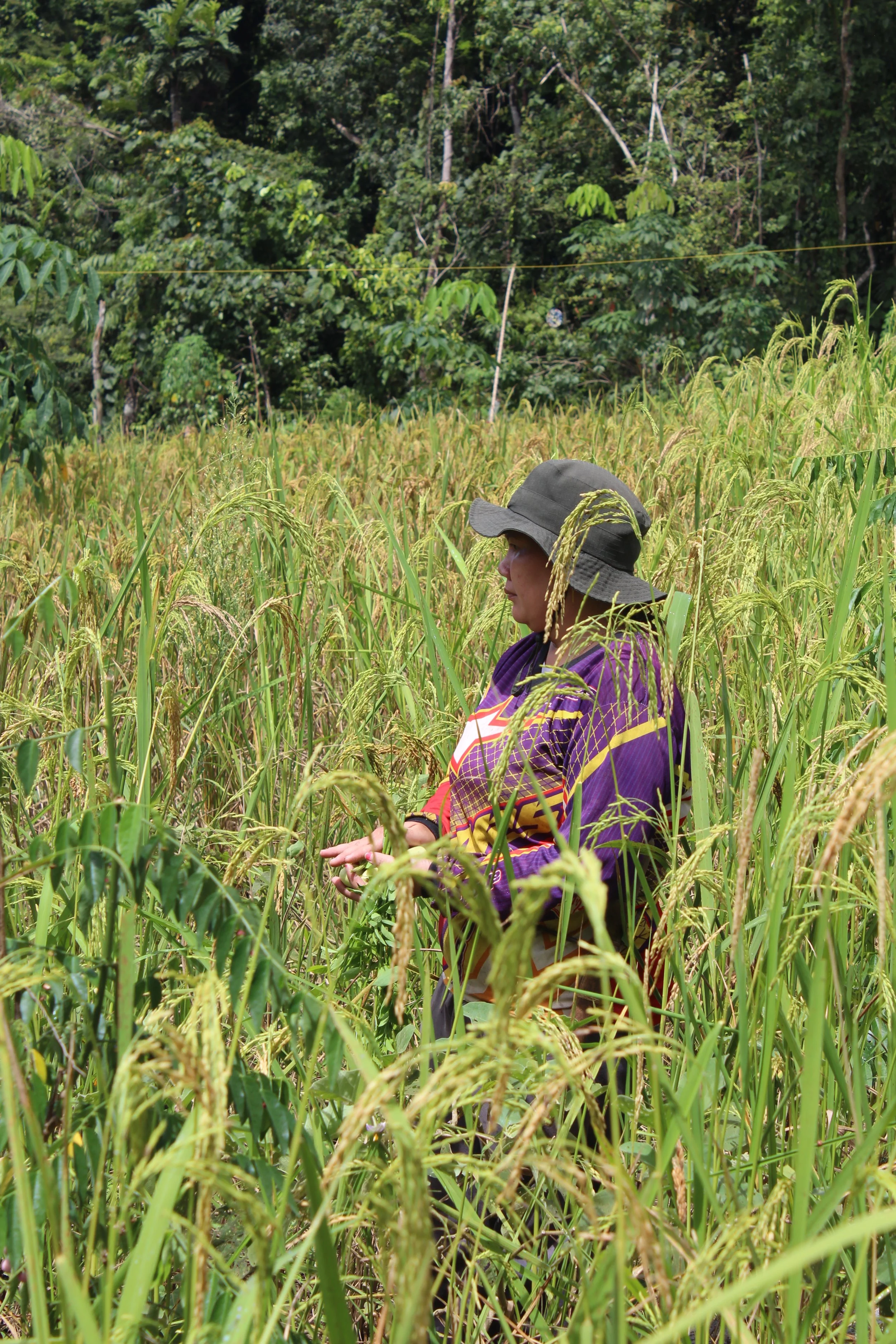

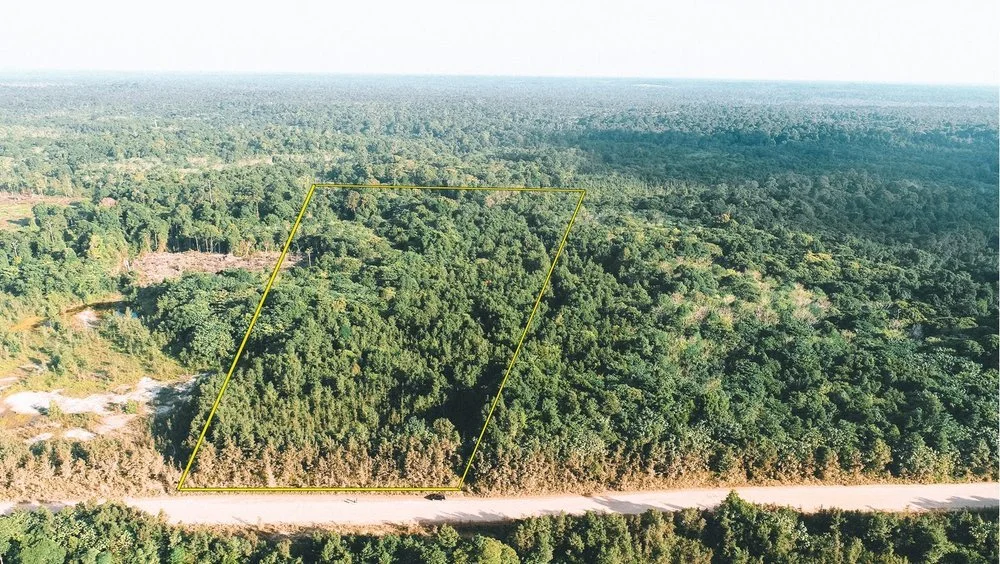



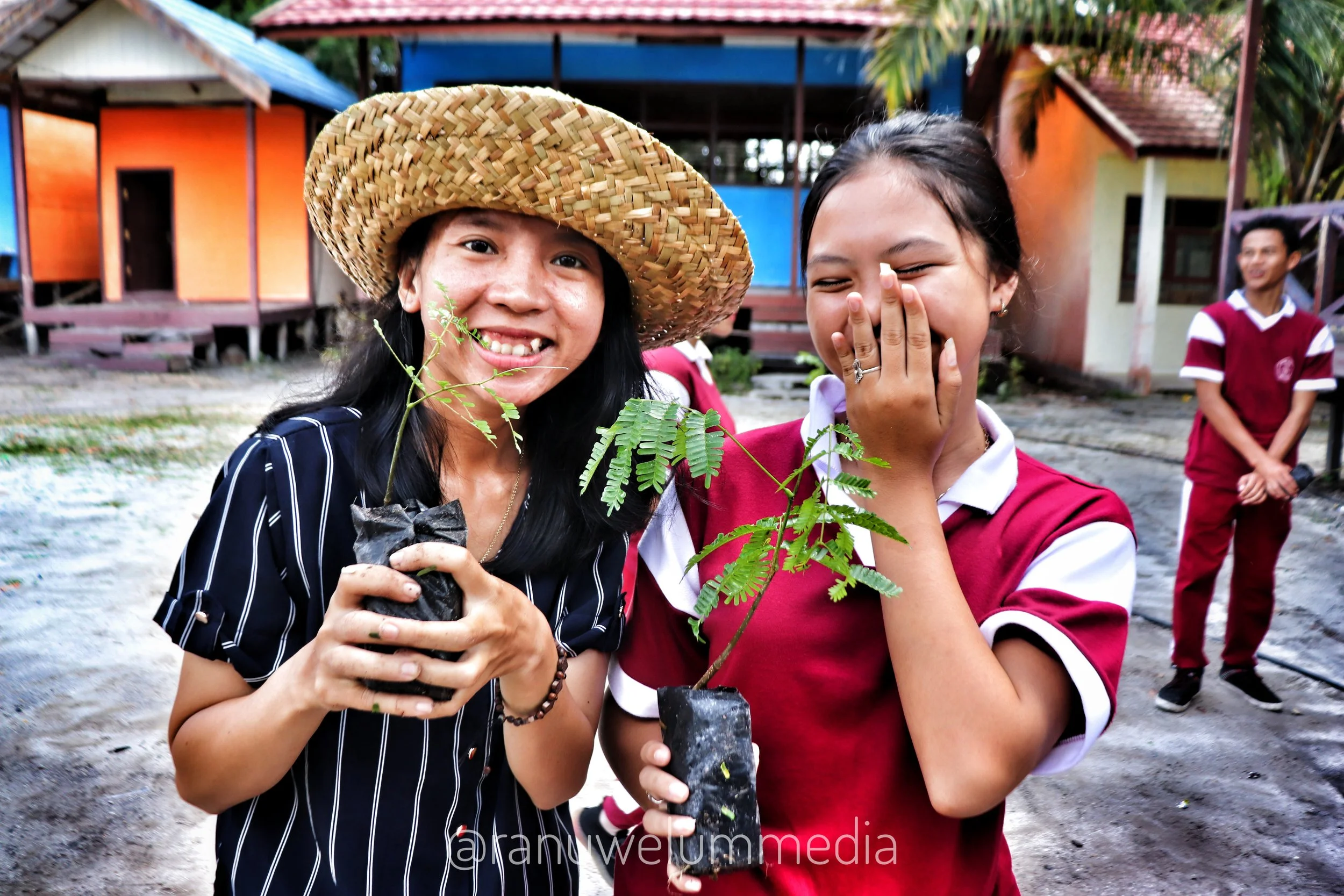
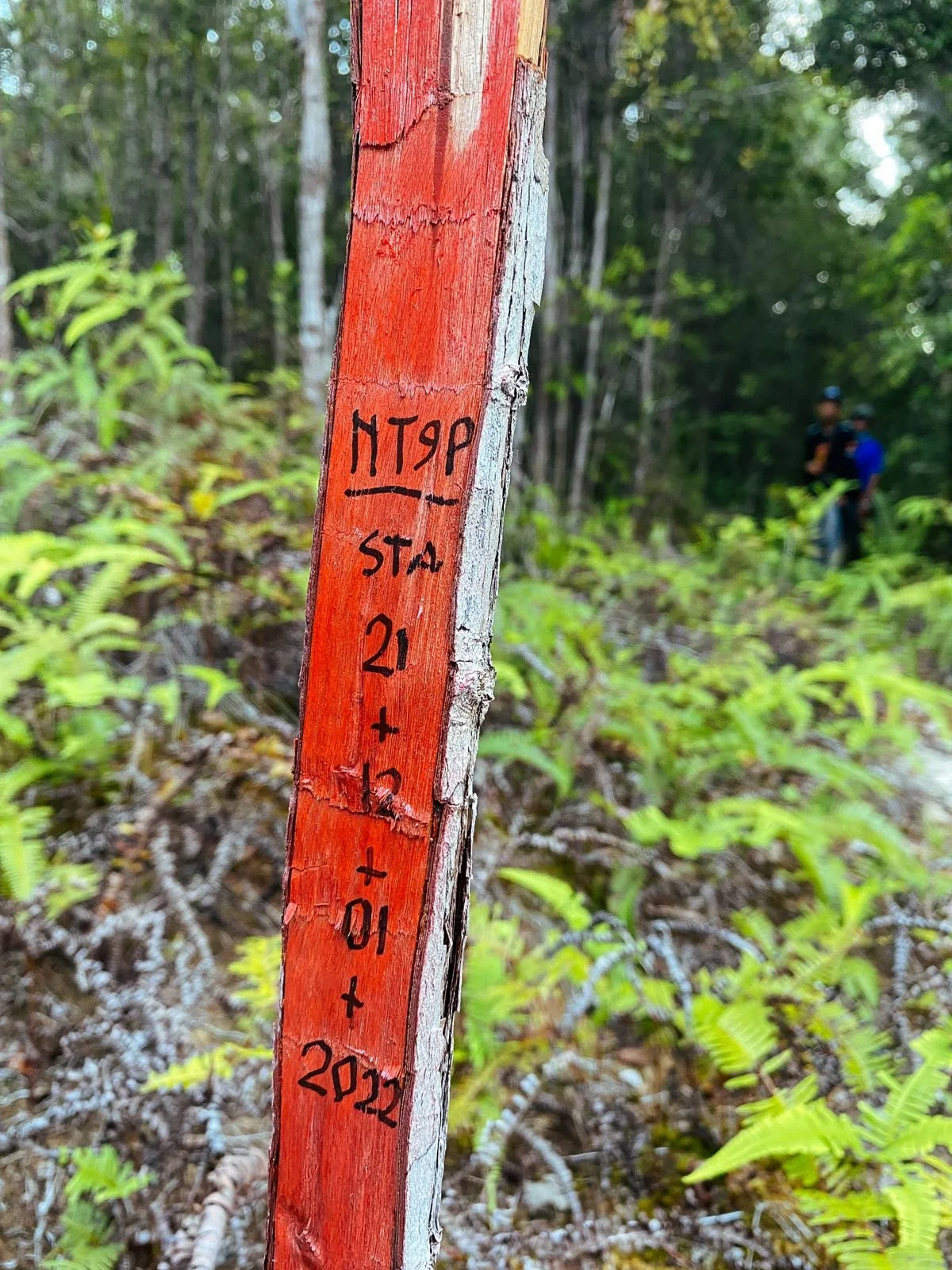
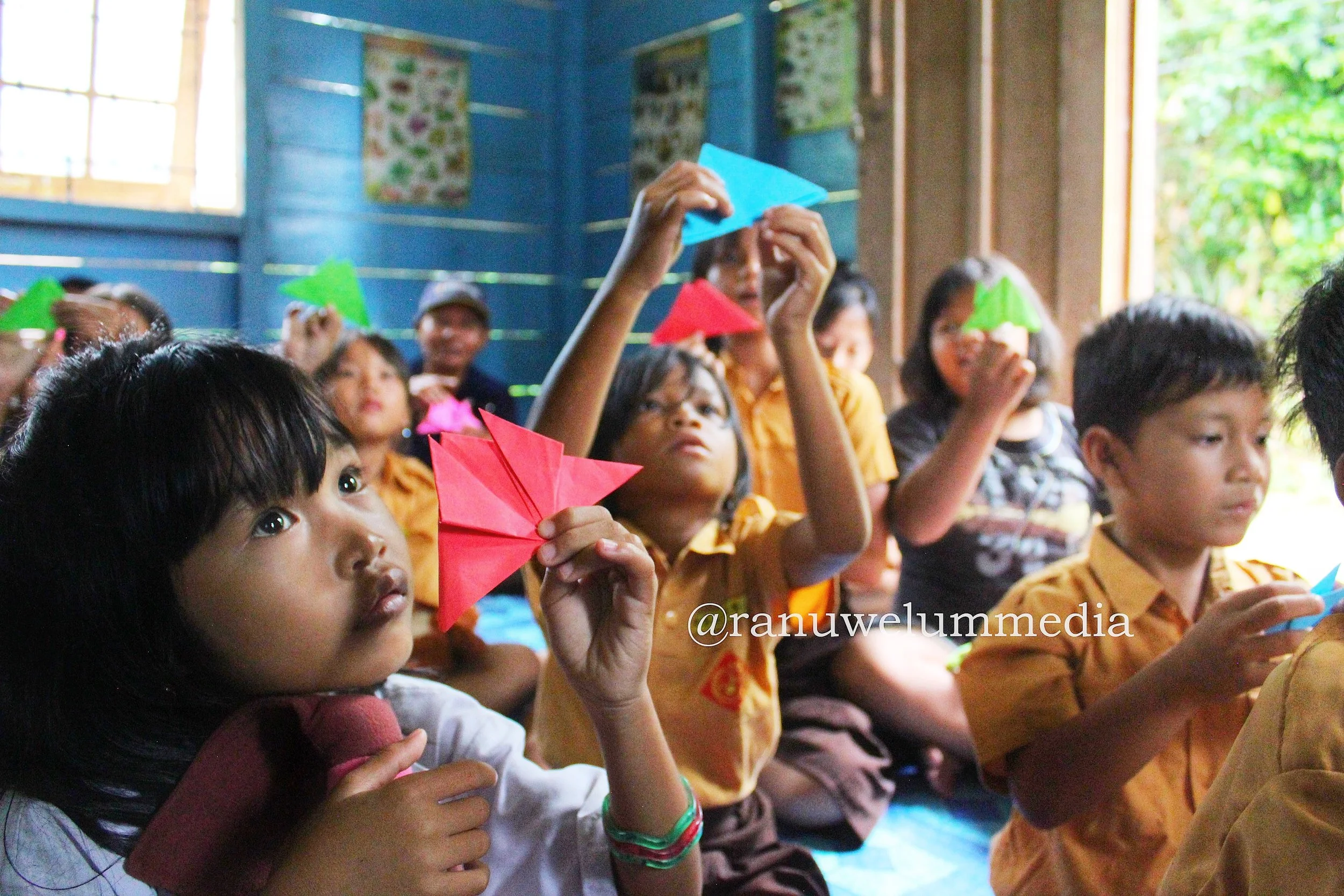

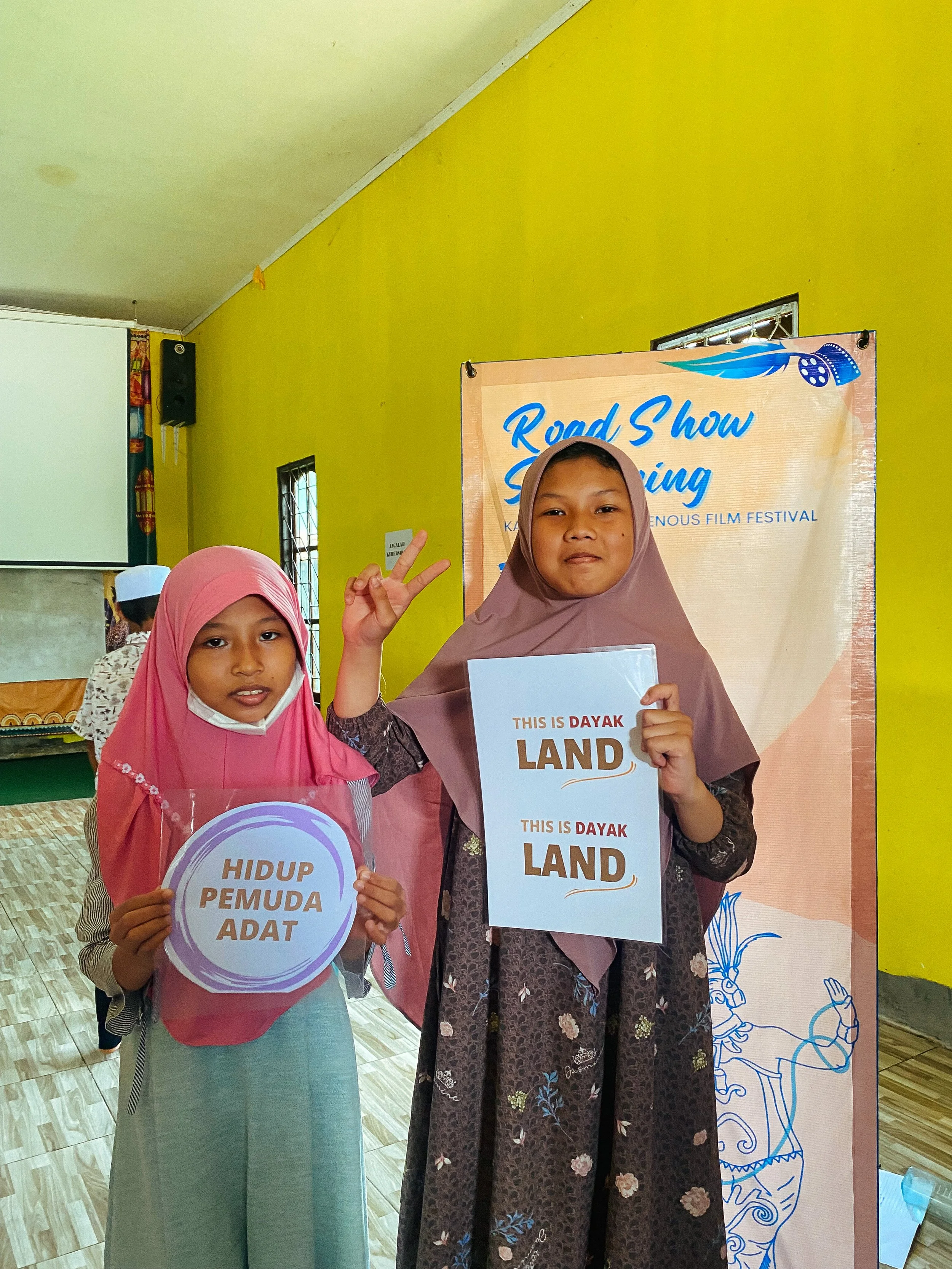
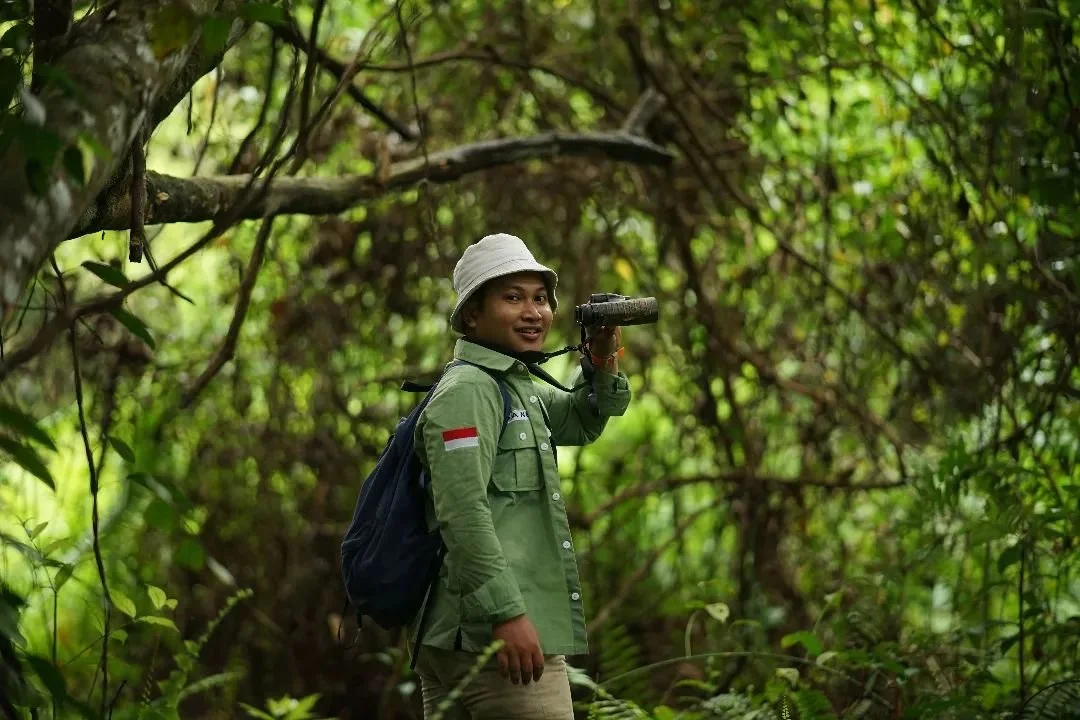

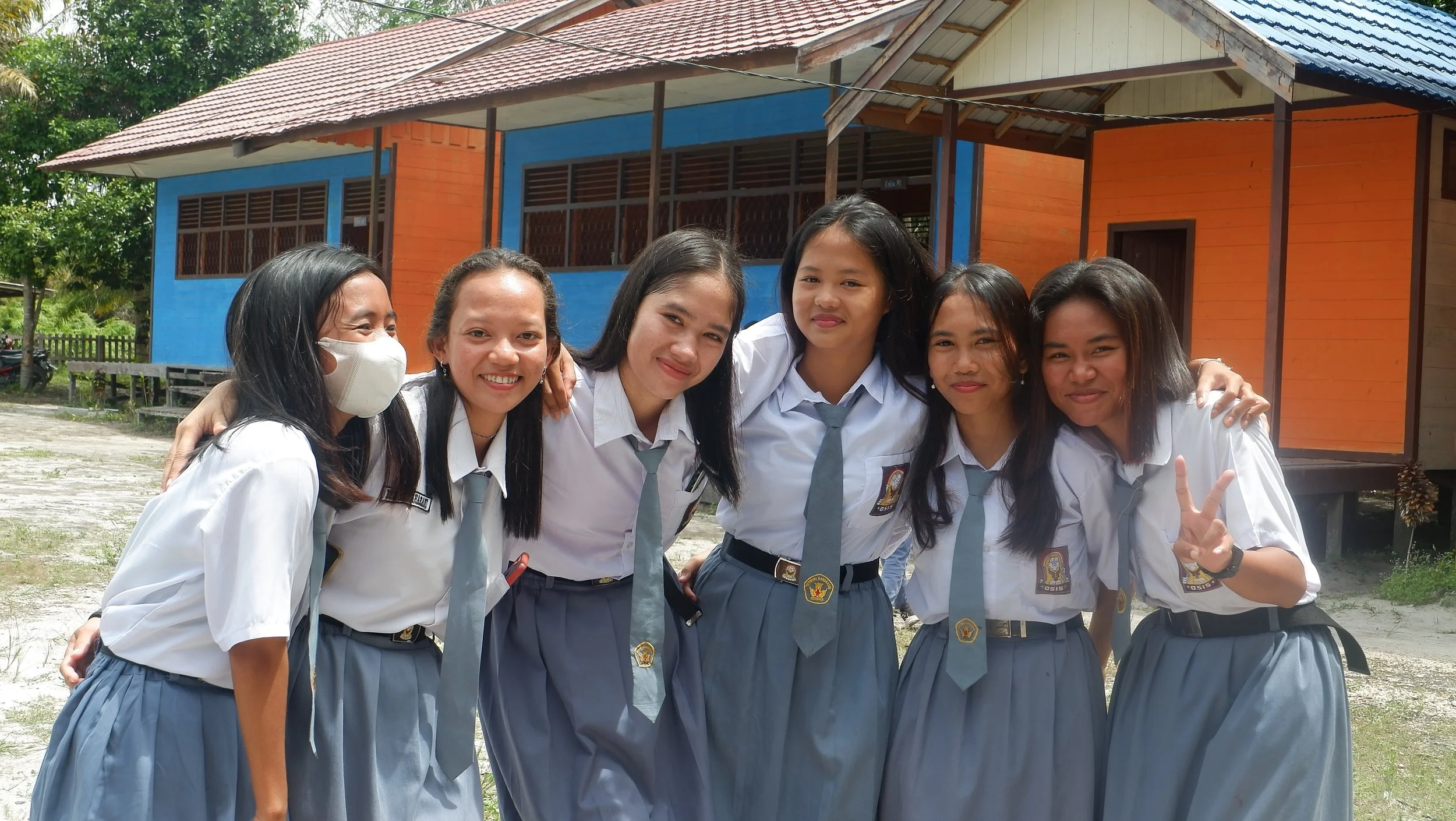
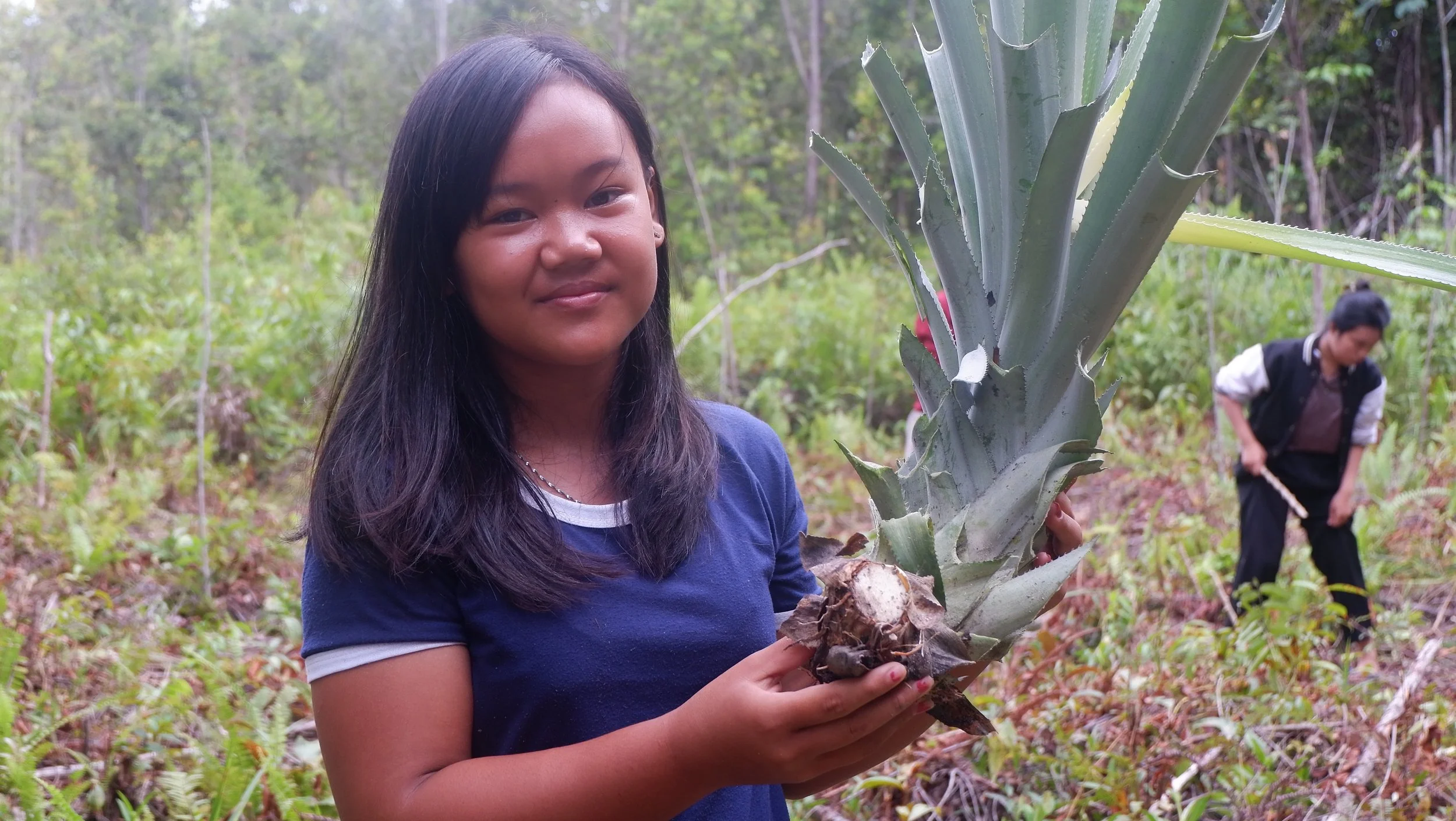

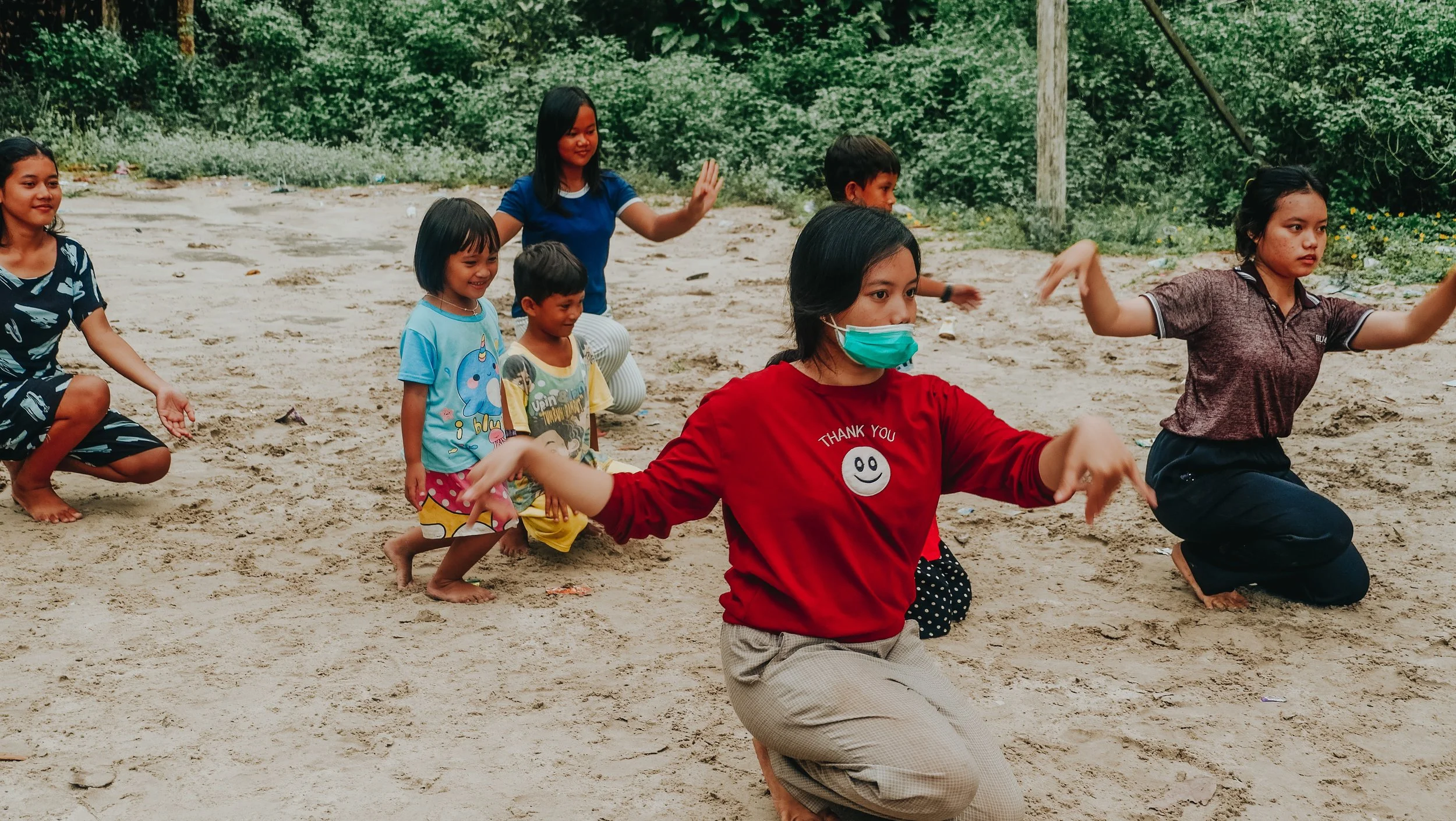

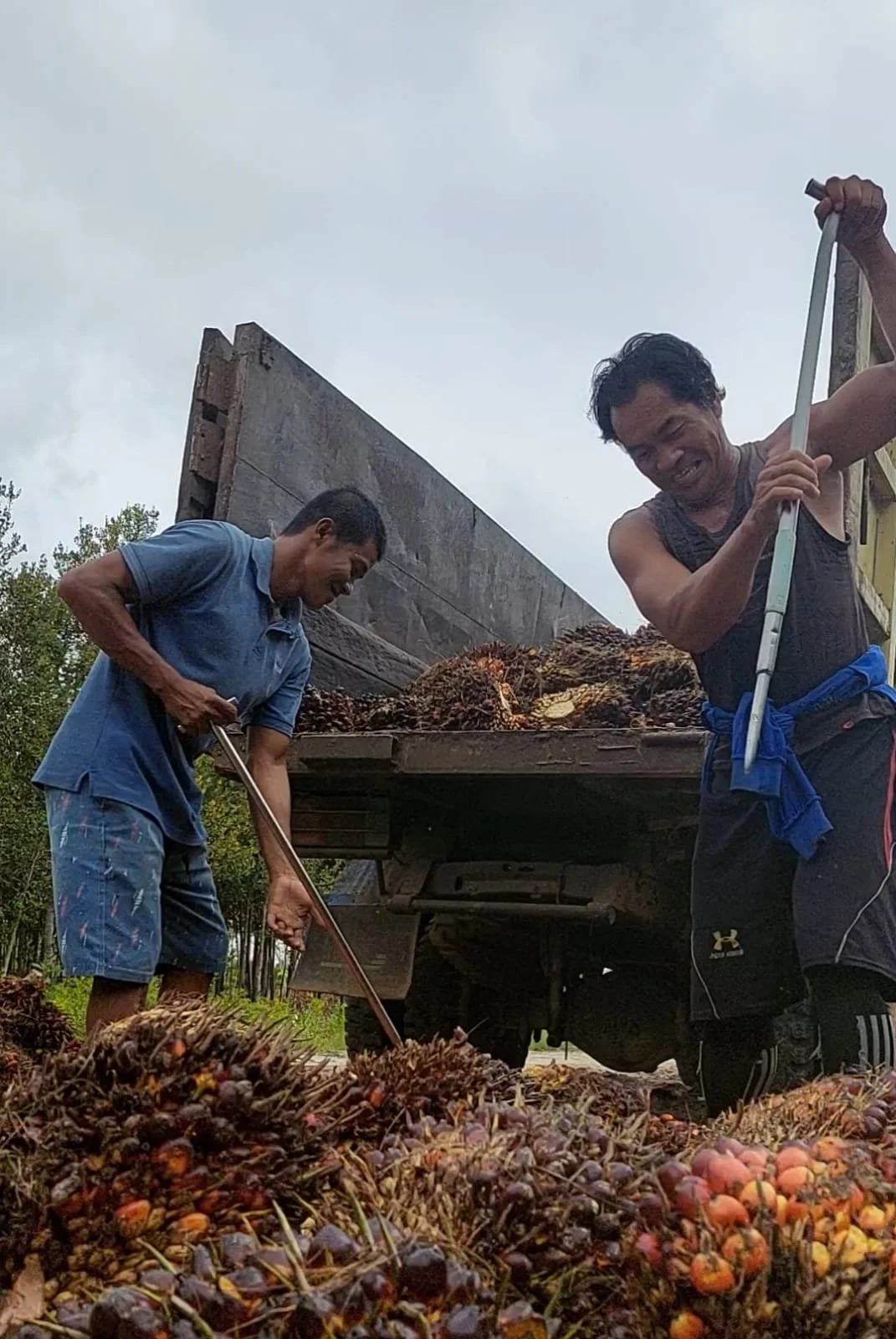

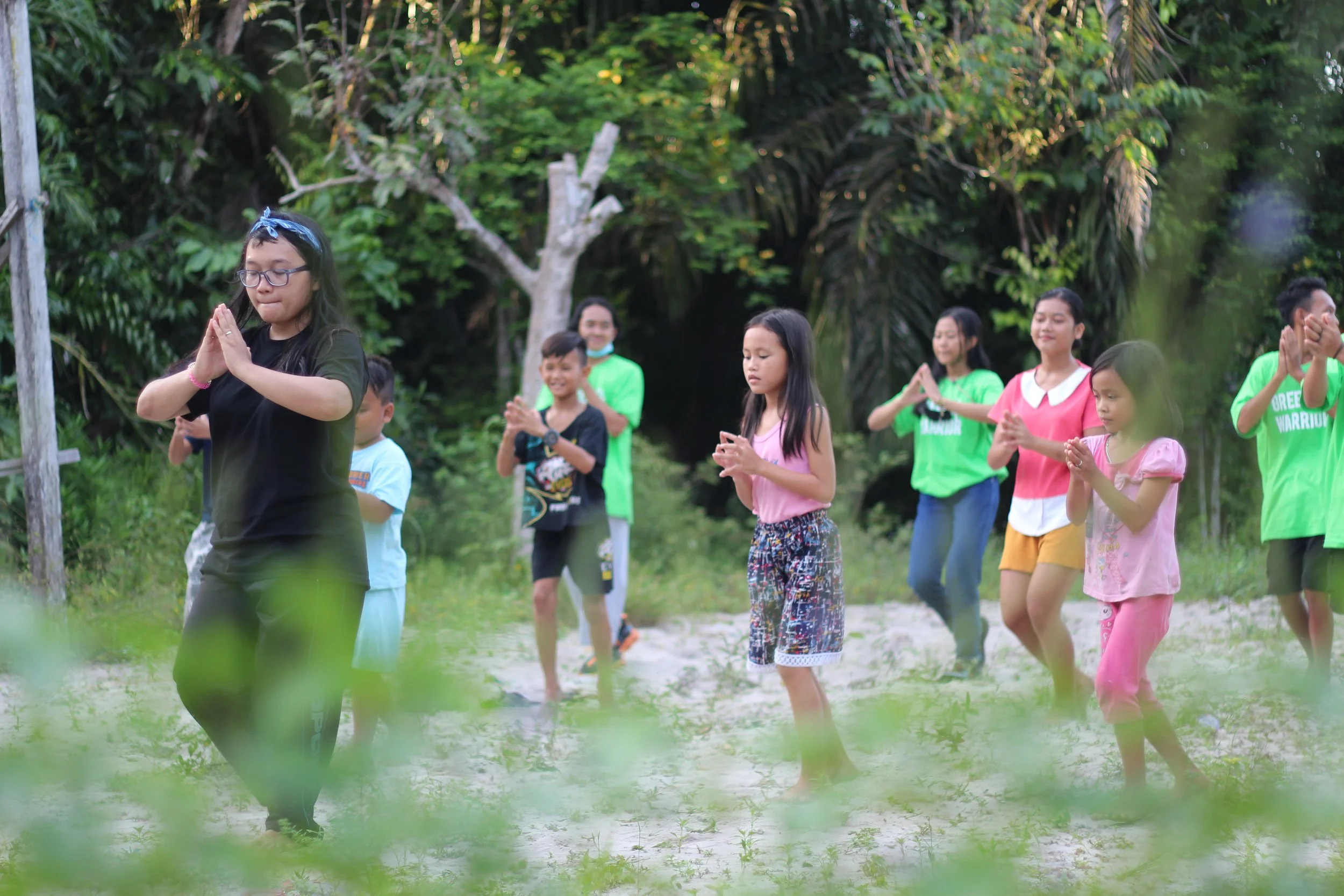
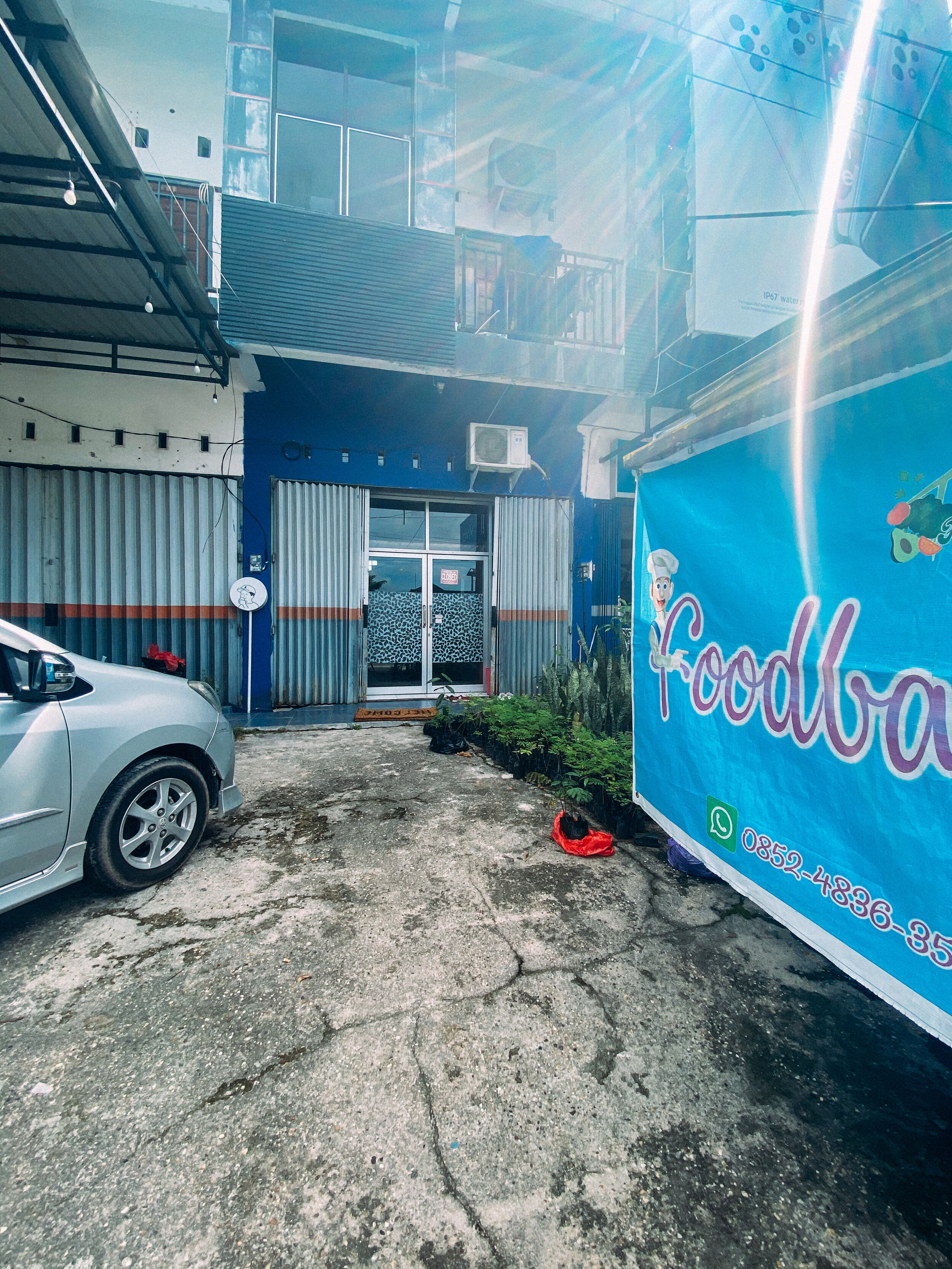





We walked through the charred landscape, seemingly treading on burning embers with each step. Scorched trees lay scattered across the ground, some collapsing with a deafening crash. The sharp scent of charcoal filled the air, mixing with the acrid smell of lingering smoke.